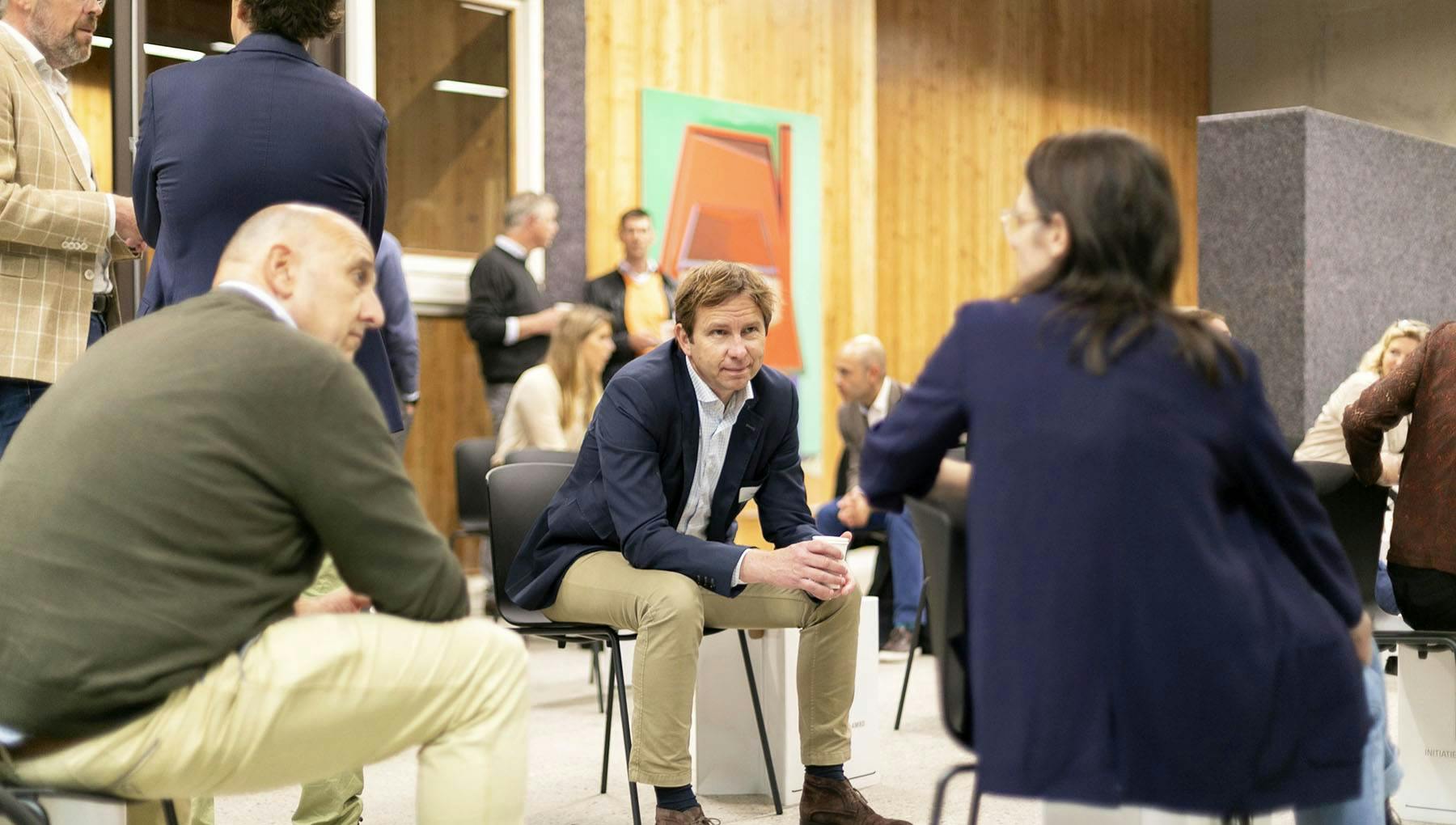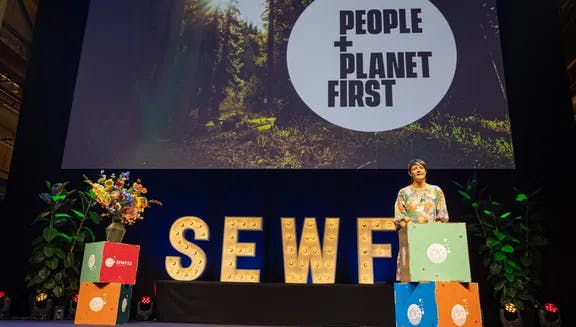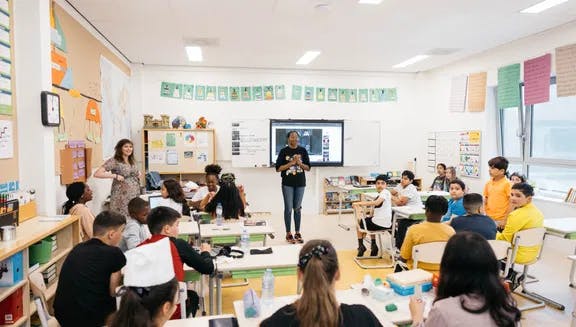
Social finance initiatives for Amsterdam’s impact ecosystem
Building a collaborative capital network
The Integrated Capital Network (ICN), launched in 2019, is a network of private investors, banks, foundations and venture capital firms. It was created in a partnership of Amsterdam Impact, Generous Minds and Impact Hub Amsterdam. “We are very proud that we built this network with all stakeholders and managed to bring it to the market,” says Ellen Oetelmans, Amsterdam Impact’s programme manager. “It showcases our role: to initiate a project and have it stand on its own two feet.”
Cooperation between stakeholders is key to the success of the network, according to Oetelmans. “The municipality brought these financiers together to co-develop the Integrated Capital Network”, she says. Eric Buckens, director of the Dutch bank ABN AMRO’s Social Impact Fund, agrees that local governments have an important role to play as facilitators of an active impact investing ecosystem. “The City of Amsterdam understood this need in the market,” he says.
Financiers and impact entrepreneurs working together
The ICN holds regular ‘Integrated Capital Labs’, which are a chance for impact entrepreneurs to pitch their companies to financiers. These then jointly assess the ventures, looking not only at whether to provide funding but also at how to provide the advice, business expertise and networking opportunities that help social enterprises grow to the next level. “ICN investors discuss ways to cover the impact enterprise market from cradle to maturity,” says Buckens.
Connections made between entrepreneurs and investors at these labs are useful even if they don’t directly result in funding. Makers Unite, for instance, is a company employing refugees and other newcomers to the Netherlands to produce sustainable textile products. The company presented a pitch at an ICN pilot lab in 2018 and was given advice on how to refine its business proposition. Makers Unite returned to an ICN lab in 2020 with an improved pitch, which then won them substantial social impact funding.
Reducing risk and maximising impact
By following this process of working closely with entrepreneurs at their different growth stages, as well as mapping the next steps for funding, financiers can reduce risk, increase the chances of business success and maximise social impact. The main driver, says Buckens, is the “synergy between a successful business model and a successful impact model. I’m not looking for financially successful companies. I look for changemakers who should also be financially viable.”
Peer network for impact investors
With the ICN successfully up and running, Amsterdam Impact is also behind another capital-focused initiative, Co-Financing our Future (CoFoF). This peer-to-peer network for impact investors aims to provide financing for impact enterprises throughout the business life cycle. CoFoF is powered by Amsterdam Impact, ABN AMRO, and DOEN Participaties alongside a wide range of partners and sponsors. The network’s first event in July 2019 was an instant hit, with 150 people registering within five minutes of receiving the invitation. The level of interest was clear proof that impact investors are keen to connect with their peers and explore co-financing opportunities. “There are many events connecting investors to entrepreneurs. But putting investors together in one room is important for facilitating more impact investment deals,” says Merijn ten Thije, CoFoF’s initiator and investment manager at DOEN Participaties.
Financing diverse impact areas
Since that inaugural event, CoFoFof has been hosting regular gatherings online and offline. The network is unusual in that it operates across several impact areas. Sustainability and the circular economy are popular areas for impact investing, but CoFoF also raises social impact capital for enterprises working on issues such as inclusion. An example of this is ABN AMRO’s funding of Envision, which has developed smart glasses using speech that increase accessibility for people with a visual impairment. The company was introduced at a CoFoF gathering by 4impact, an early investor, and caught ABN AMRO’s eye. “Through 4impact, we got in touch with Envision. This would not have happened without the CoFoF network,” says Buckens.
More on impact financing in Amsterdam
Are you an investor who wants to know more or join the Co-FoF community or Integrated Capital Network? Get in touch. And watch this video featuring partners and sponsors of the Co-Financing Our Future ecosystem discussing capital and impact entrepreneurship in Amsterdam.
This story is based on a longer article for Amsterdam Impact by Catalina Iorga and originally published in the Pioneers Post as part of the Cities of Impact series.





